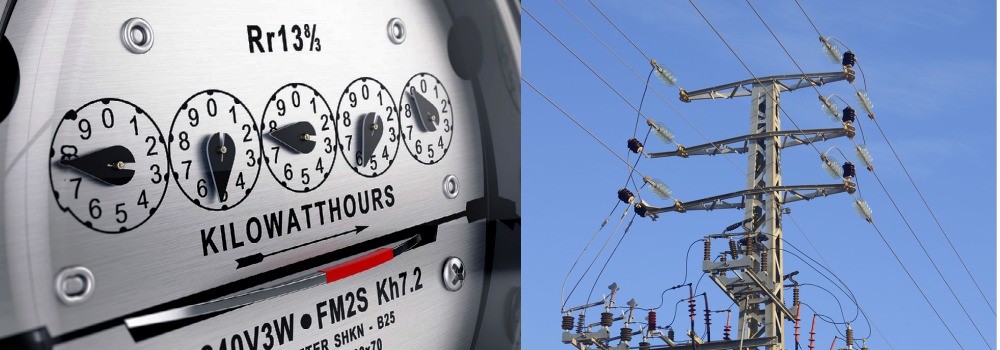
Power companies typically charge customers for electricity in two ways: through a demand charge and a usage charge.
A demand charge is a fee that is based on the highest amount of electricity that a customer uses during a billing period. It reflects the peak electrical demand that the customer places on the power company's system. The demand charge is typically measured in kilowatts (kW) and is billed separately from the energy usage charge. This means that even if a customer does not use a lot of electricity over the course of a month, they could still be charged a high demand fee if they have a large peak usage.
A usage charge, also known as an energy charge, is a fee that is based on the amount of electricity that a customer uses over the course of a billing period. It reflects the total energy that the customer consumes and is measured in kilowatt-hours (kWh).
In other words, the demand charge is based on how much electricity a customer needs at any given moment, while the usage charge is based on how much electricity a customer uses over a period of time.
Demand charges are used as an incentive for customers to reduce their peak energy usage, and it's common that power companies to charge more for demand than for usage. This can be especially challenging for commercial buildings, where peak usage can occur during business hours. To mitigate this, buildings can install energy management systems, such as building automation systems (BAS), to optimize their energy usage and reduce their peak demand.
A demand ratchet clause is a provision in a contract, often used in the energy industry, that sets a maximum limit on the amount of energy that a customer can use. If the customer exceeds this limit, they may be subject to a penalty, such as a higher rate for the excess energy consumed. The purpose of the clause is to encourage energy conservation and prevent the overuse of energy resources. The demand ratchet clause is typically set based on the customer's historical energy usage and may be adjusted periodically to reflect changes in usage patterns.
EBEB Solutions, a team of certified professionals including Energy Managers, Demand Side Managers, and Sustainable Development Professionals, offers a comprehensive range of energy audit services, including ASHRAE Level I, II, and III assessments, energy management solutions, renewable energy services, project financing options, tax and rebate assistance, and design-build services.